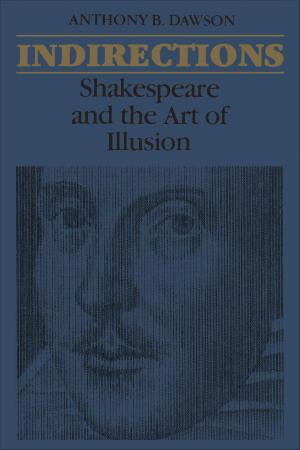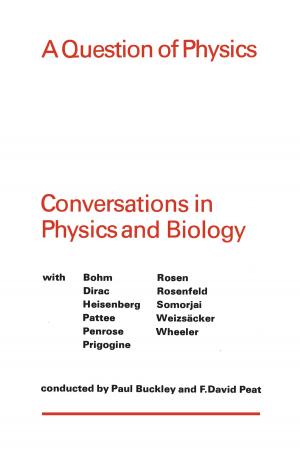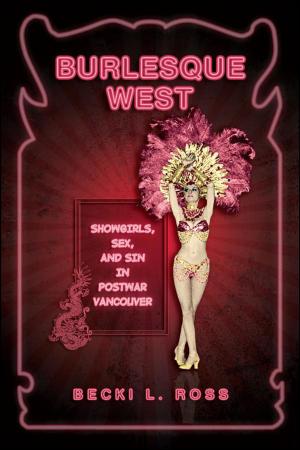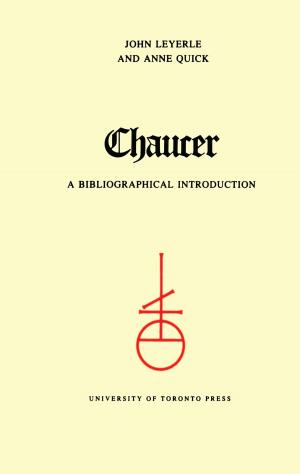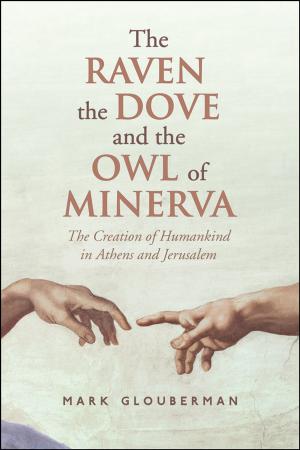Automatic for the Masses
The Death of the Author and the Birth of Socialist Realism
Fiction & Literature, Literary Theory & Criticism, European, Eastern European, Nonfiction, History, Eastern Europe, European General| Author: | Petre M. Petrov | ISBN: | 9781442616943 |
| Publisher: | University of Toronto Press, Scholarly Publishing Division | Publication: | February 26, 2015 |
| Imprint: | Language: | English |
| Author: | Petre M. Petrov |
| ISBN: | 9781442616943 |
| Publisher: | University of Toronto Press, Scholarly Publishing Division |
| Publication: | February 26, 2015 |
| Imprint: | |
| Language: | English |
At the end of the 1920s, the Modernist and avant-garde artistic programmes of the early Soviet Union were swept away by the rise of Stalinism and the dictates of Socialist Realism. Did this aesthetic transition also constitute a conceptual break, or were there unseen continuities between these two movements? In Automatic for the Masses, Petre M. Petrov offers a novel, theoretically informed account of that transition, tracing those connections through Modernist notions of agency and authorship.
Reading the statements and manifestos of the Formalists, Constructivists, and other Soviet avant-garde artists, Petrov argues that Socialist Realism perpetuated in a new form the Modernist “death of the author.” In interpreting this symbolic demise, he shows how the official culture of the 1930s can be seen as a perverted realization of modernism’s unrealizable project. An insightful and challenging interpretation of the era, Automatic for the Masses will be required reading for those interested in understanding early Soviet culture.
At the end of the 1920s, the Modernist and avant-garde artistic programmes of the early Soviet Union were swept away by the rise of Stalinism and the dictates of Socialist Realism. Did this aesthetic transition also constitute a conceptual break, or were there unseen continuities between these two movements? In Automatic for the Masses, Petre M. Petrov offers a novel, theoretically informed account of that transition, tracing those connections through Modernist notions of agency and authorship.
Reading the statements and manifestos of the Formalists, Constructivists, and other Soviet avant-garde artists, Petrov argues that Socialist Realism perpetuated in a new form the Modernist “death of the author.” In interpreting this symbolic demise, he shows how the official culture of the 1930s can be seen as a perverted realization of modernism’s unrealizable project. An insightful and challenging interpretation of the era, Automatic for the Masses will be required reading for those interested in understanding early Soviet culture.

